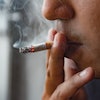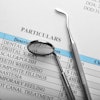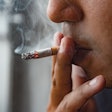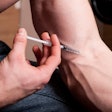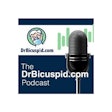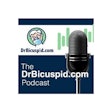
NEW YORK (Reuters Health), Aug 28 - Acupuncture at the point LI-2 is associated with neuronal activation and an increase in saliva production, according to a report in the July 7th BMC Complementary and Alternative Medicine.
"Physicians should recognize that there are increasing neuroscience and neuroimaging data demonstrating that acupuncture appears to produce its clinical effects via modulation of the nervous system," Dr. Gary Deng from Memorial Sloan-Kettering Cancer Center, New York, told Reuters Health.
Dr. Deng and colleagues used functional magnetic resonance imaging (fMRI) to analyze the extent to which stimulating the acupuncture point LI-2 on the left hand affects saliva production. Stimulation of LI-2 has been shown in earlier studies to stimulate saliva production and reduce xerostomia.
Each of the volunteers underwent true acupuncture and sham acupuncture. Saliva production was "modestly but significantly higher" during true acupuncture than during sham acupuncture, the researchers said.
Acupuncture of LI-2 activated the parietal operculum, rolandic operculum, frontal operculum, and insula bilaterally and deactivated no regions, the authors report, whereas sham acupuncture did not activate (or deactivate) these or any other regions.
There was a good correlation between saliva production and insula/operculum activation (r = 0.63), the researchers note.
"Our data suggest these areas are involved in the processing of stimuli at the LI-2 point by acupuncture," the authors conclude. "How the neuroimaging changes are linked to the physiological changes we observed deserve further investigation."
"We'd like to see whether the same changes we observed can be seen in patients with xerostomia," Dr. Deng said. "We did the original study because one of our clinical trials showed that acupuncture appeared to reduce dry mouth in patients previously treated with head and neck radiation therapy."
By Will Boggs, M.D.
BMC Complementary and Alternative Medicine 2008
Last Updated: 2008-08-27 16:30:32 -0400 (Reuters Health)
Copyright © 2008 Reuters Limited. All rights reserved. Republication or redistribution of Reuters content, including by framing or similar means, is expressly prohibited without the prior written consent of Reuters. Reuters shall not be liable for any errors or delays in the content, or for any actions taken in reliance thereon. Reuters and the Reuters sphere logo are registered trademarks and trademarks of the Reuters group of companies around the world.

